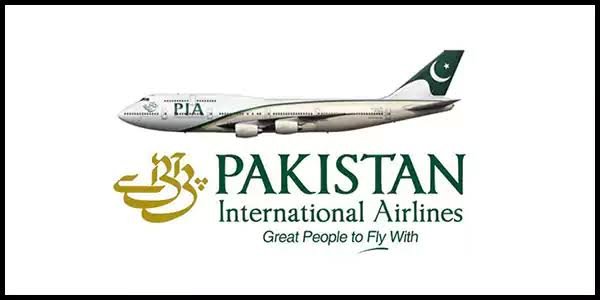Key Takeaways:
- Pakistan begins meetings with potential bidders for its national airline.
- EU Aviation Safety Agency ban remains a significant issue.
- Six companies and consortiums are participating in the bidding process.
- Privatization part of IMF recommendations for Pakistan’s economic reforms.
- PIA’s Roosevelt Hotel in New York and other assets also up for sale.
Pakistani authorities initiated discussions on Wednesday with qualified bidders for Pakistan International Airlines (PIA), the country’s national carrier, to address various concerns, including a ban imposed by the European Union Aviation Safety Agency (EASA). This move is part of a broader effort to privatize the loss-making state-owned enterprise, a recommendation long advocated by the International Monetary Fund (IMF) as Pakistan seeks to secure a long-term bailout agreement this month.
In June, Islamabad shortlisted six companies and consortiums to participate in the bidding process, allowing them to acquire between 51% and 100% of PIA. The final bids are expected by the end of next month. One of the primary issues raised by potential bidders is the EASA ban, which has restricted PIA’s access to profitable routes in Europe and the United Kingdom since 2020.
During a media briefing, Privatisation Commission Secretary Usman Bajwa, alongside Privatisation Minister Abdul Aleem Khan, highlighted the EU safety ban as a critical concern for bidders. The ban was imposed following a tragic PIA plane crash in Karachi in 2020 that resulted in nearly 100 fatalities, compounded by subsequent revelations about the validity of pilot licenses.
While the government has not disclosed the expected revenue from the privatization, Minister Khan noted that the airline is fundamentally profitable, aside from its legacy debt and liabilities. “I have no clue what money it will get,” Khan admitted. “Anyone who puts in money… who buys PIA will be in profit from the very first day.”
In addition to the national airline, the government is also moving forward with the sale of other assets as part of its broader privatization strategy. This includes the Roosevelt Hotel in Manhattan, owned by PIA, as well as the House Building Finance Company and First Woman Bank. Bajwa stated that the real estate investment management services firm JLL is advising on the potential sale, joint venture, or lease of the Roosevelt Hotel, with a decision expected by August.
The privatization of PIA and other state-owned assets is a significant component of Pakistan’s economic reform agenda, driven by the need to meet IMF conditions and stabilize the country’s finances. The IMF has consistently recommended the privatization of loss-making state enterprises to reduce fiscal deficits and improve economic efficiency.
The EASA ban remains a major hurdle, as it limits PIA’s ability to operate lucrative international routes, which is a key factor for potential investors. The ban was enforced after investigations into the Karachi crash revealed systemic issues in the airline’s operations, including concerns over the authenticity of pilot licenses. Addressing these safety concerns and restoring PIA’s reputation are crucial for attracting investment and ensuring the success of the privatization effort.
As the bidding process progresses, the government will need to provide clarity on how it plans to address these challenges and create a viable path forward for PIA. The outcome of this privatization effort will not only impact the future of the national airline but also serve as a critical test of Pakistan’s commitment to economic reforms and its ability to attract foreign investment.
the government is also moving forward with the sale of other assets as part of its broader privatization strategy.
The successful sale or partnership for assets like the Roosevelt Hotel will also play a significant role in demonstrating the effectiveness of Pakistan’s privatization strategy. The government’s approach to managing these assets and the terms it negotiates with potential buyers or partners will be closely watched as indicators of the broader economic reform agenda.
The privatization of PIA and other state-owned assets marks a pivotal moment for Pakistan as it seeks to implement necessary economic reforms. The government’s ability to navigate the challenges associated with this process, particularly the EASA ban, will be crucial in determining the success of its privatization strategy and its efforts to secure a stable economic future.




